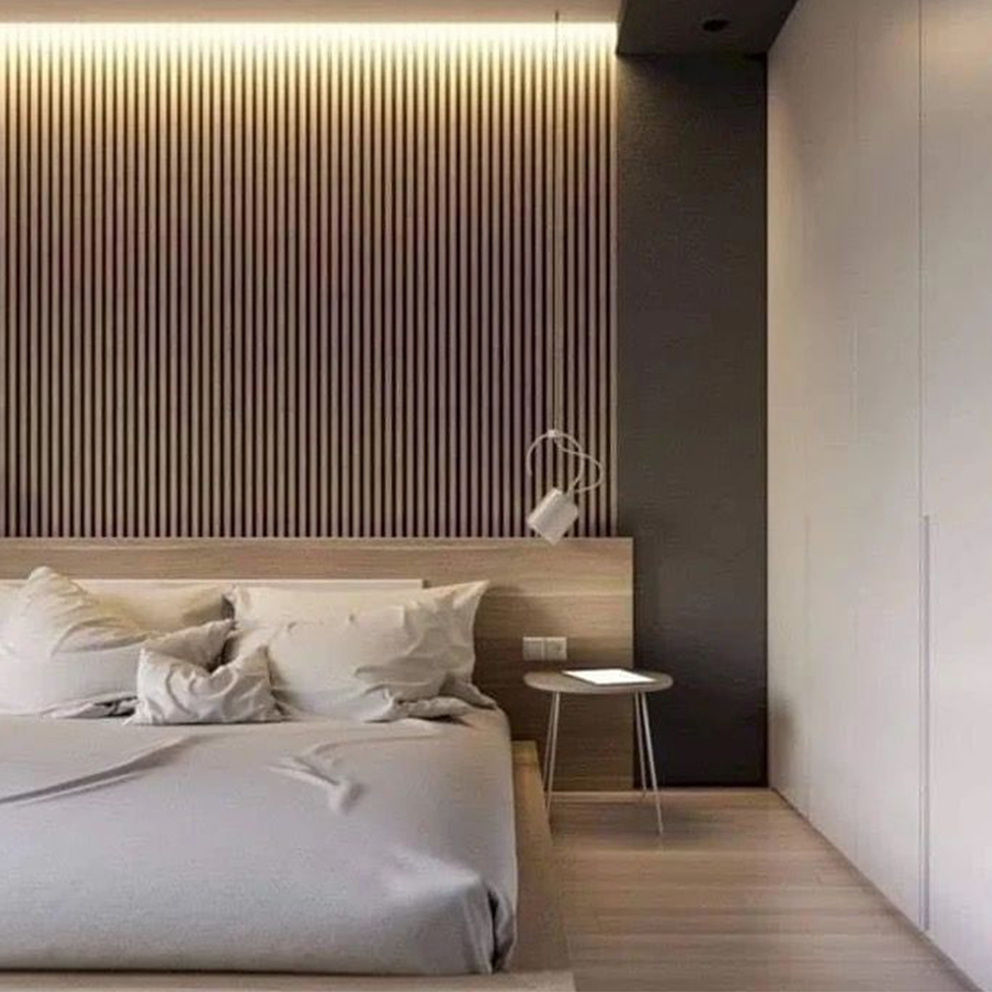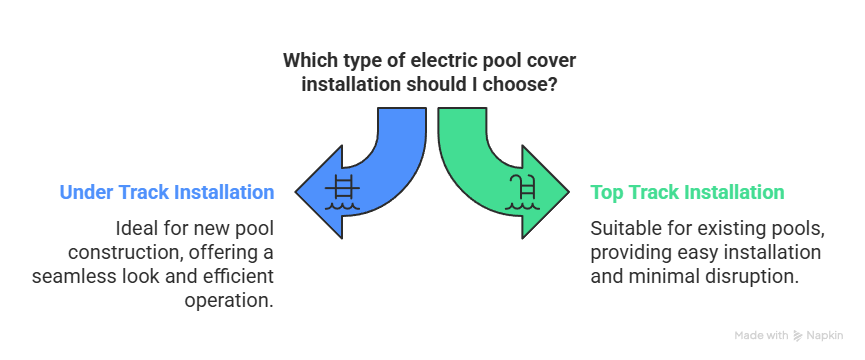When it comes to investing in a new roof for your home, it’s crucial to choose the best material that balances both cost and quality. In New Jersey, where the climate can range from humid summers to snowy winters, selecting the right roofing material ensures that your roof lasts longer, performs better, and provides value for money. So, what is the best roof for your money in New Jersey? With CJ Commercial Roofing NJ, we’ll explore various roofing options and help you make an informed decision.

Understanding Your Roofing Needs in New Jersey
Before diving into specific materials, it’s important to assess your home’s specific needs. New Jersey homeowners experience a diverse climate, with coastal areas like Cape May experiencing more humidity and rainfall, while northern regions like Sussex County can face heavy snow and freezing temperatures. A roof that’s durable enough to withstand these weather conditions is paramount.
Additionally, other factors that influence your choice include:
- Energy efficiency: Choose a roofing system that can help reduce heating and cooling costs.
- Durability: New Jersey’s winters can be harsh, with snow accumulation and freezing rain. The roofing material should be able to handle the weight and stress.
- Aesthetic appeal: The look of your roof can increase curb appeal and the overall value of your property.
- Maintenance: Some roofs require more maintenance than others, so consider how much time and effort you’re willing to put into roof upkeep.
Asphalt Shingles: Affordable and Durable
When homeowners ask, “What is the best roof for your money?” asphalt shingles often come to mind. Asphalt shingles are one of the most popular and cost-effective roofing materials in New Jersey. They strike the right balance between affordability, durability, and ease of installation.
Why Choose Asphalt Shingles in New Jersey?
- Cost-Effective: Asphalt shingles are relatively inexpensive compared to other roofing options. The average cost to install asphalt shingles in New Jersey ranges from $4,000 to $10,000, depending on the size and complexity of your roof.
- Durability: Asphalt shingles can last up to 25 years with proper maintenance. This makes them a great option for homeowners seeking a good return on investment.
- Energy Efficiency: Many modern asphalt shingles come with energy-efficient coatings that help reflect the sun’s heat, making them perfect for New Jersey’s summer heat waves.
Best for: Budget-conscious homeowners who want a durable, low-maintenance roofing solution.
Metal Roofing: Long-Term Investment
Metal roofing is an increasingly popular option in New Jersey due to its remarkable longevity and ability to withstand extreme weather conditions. While the upfront cost is higher, the long-term savings and performance make it an appealing choice for many homeowners.
Why Choose Metal Roofing in New Jersey?
- Longevity: Metal roofs can last 50 years or more, making them an excellent long-term investment. The material is resistant to snow, rain, and even hail, which is important in New Jersey’s variable climate.
- Energy Efficiency: Metal roofs reflect solar heat, which can significantly lower energy costs during the summer months.
- Low Maintenance: Metal roofing is resistant to mold, rot, and pests, reducing the frequency of repairs or replacements.
- Eco-Friendly: Many metal roofs are made from recycled materials, and they are fully recyclable at the end of their lifespan.
Best for: Homeowners who are willing to invest more upfront for a roof that will last longer and require less maintenance.
Slate Roofing: Premium Quality and Classic Aesthetic
For homeowners looking for a premium, long-lasting roofing solution, slate roofing may be the answer. While slate is a more expensive roofing material, its unmatched durability and aesthetic appeal make it a popular choice for historic homes or high-end properties in New Jersey.
Why Choose Slate Roofing in New Jersey?
- Durability: Slate roofs can last well over 100 years with minimal maintenance. New Jersey’s harsh winters, with heavy snow and freezing temperatures, won’t affect slate roofing.
- Aesthetic Appeal: Slate offers a classic, sophisticated look that can enhance the beauty and value of your home. It’s available in various colors and finishes to complement your home’s design.
- Fire-Resistant: Slate is non-combustible, making it an excellent choice for homeowners concerned about fire safety.
Best for: Homeowners with higher budgets who want a roof that will last for generations and enhance the property’s aesthetic value.
Clay and Concrete Tiles: Elegant but Expensive
Clay and concrete tiles are another premium roofing option. While they are highly durable and offer excellent energy efficiency, their weight and cost can make them less ideal for certain homes in New Jersey.
Why Choose Clay or Concrete Tiles in New Jersey?
- Durability: Like slate, clay and concrete tiles are known for their longevity. They can withstand extreme weather, including heavy snow and strong winds.
- Energy Efficiency: These tiles naturally insulate your home, helping to maintain a comfortable indoor temperature year-round, which is perfect for New Jersey’s fluctuating weather.
- Aesthetic: With their unique Mediterranean or Spanish look, clay and concrete tiles can add significant charm and value to your home.
Best for: Homeowners who want a premium, aesthetic roof but are prepared to invest more upfront for its weight and installation complexity.
Choosing the Best Roof for Your Money in New Jersey
To determine the best roof for your money in New Jersey, consider your budget, desired roof lifespan, energy efficiency needs, and aesthetic preferences. While asphalt shingles are the most cost-effective, metal, slate, and tile roofs offer greater longevity and better protection against harsh weather conditions.
Local Considerations in New Jersey
Certain areas in New Jersey might have specific regulations or preferences when it comes to roofing materials. For example, if you live in coastal regions like Ocean City, it’s essential to consider materials resistant to saltwater corrosion. For homes in more northern areas like Sussex County, you may want a roofing material that can handle heavier snow loads.
For professional needs, just visit https://cjcommercialroofingnj.com/.
Final Thoughts
When it comes to choosing the best roof for your money in New Jersey, the decision boils down to your priorities: initial cost, long-term durability, energy efficiency, and aesthetics. Asphalt shingles provide an affordable, reliable option, while metal and slate offer more durability and longer lifespans at a higher initial cost. If you want a roof that will stand the test of time and weather, metal roofing is a great balance of value and performance.
Remember, it’s always essential to work with a trusted local roofing contractor in New Jersey to ensure that you’re selecting the right material for your home’s specific needs. By doing thorough research and considering your long-term needs, you can make an informed decision that will serve you well for decades.


